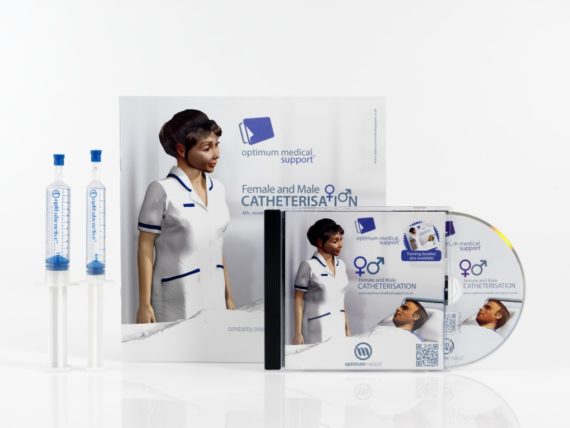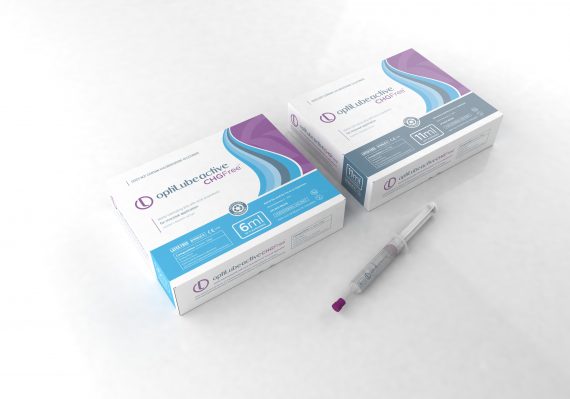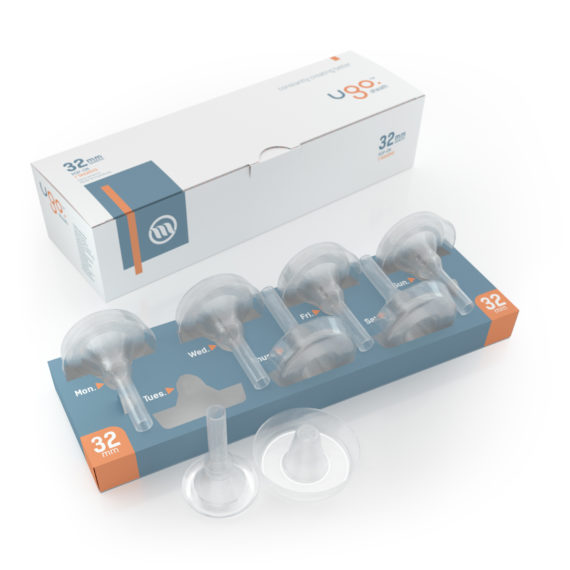Having an indwelling catheter will generally be a solution to many of your urinary related problems. Sometimes living with a catheter comes with complications and problems. This guide should help you feel fully informed on these problems, so you can spot them early and go on to live with your catheter problem-free.
What is a catheter-associated urinary tract infections (CAUTIS)
CAUTIs are probably the most common complication you might experience if you’re using an indwelling urinary catheter. They occur when bacteria enter your urinary tract, usually through the catheter, causing an infection in your urethra, bladder, or kidneys. If you spot any of the following symptoms, seek help from your Healthcare Professional.
• Cloudy, bloody, or foul-smelling urine
• Pain in your lower abdomen, around your groin, and in your lower back
• General achiness
• Burning sensation in your urethral or genital area
• High temperature
• Headaches
• Confusion
What is Bypassing?
Bypassing means that there’s urine leaking around your catheter. This generally happens when there’s an obstruction or blockage somewhere and urine can’t leave your body via your catheter. So, if you are experiencing bypassing, always start by checking that there are no kinks or obvious obstructions somewhere in the catheter tubing. If you can’t find anything, make sure to give your Healthcare Professional a call as soon as possible as this needs to be investigated.
What are Blockages?
If you are using an indwelling catheter, debris and the occasional bit of blood are not uncommon. Blockage or obstruction can occur when this debris or blood accumulates in the catheter tubing, potentially leading to a backup of urine that can cause infections or even sepsis. So, if you realise that there’s no urine draining from your catheter or spot large pieces of debris, give your Healthcare Professional a call.
What are Bladder spasms?
Bladder spasms are also common in the world of urinary catheters. They may feel like stomach cramps and can occur when your bladder is trying to squeeze the little balloon that secures your catheter inside your bladder. If your bladder spasms are frequent or intense, speak with your Healthcare Professional, who may prescribe medication.
Encrustation on the catheter
Encrustation is a common problem for long-term catheter users. It’s so common, that almost half of all long-term catheter users will experience it at some point.
But what does it mean?
It means that mineral salts from your urine accumulate on the catheter, ultimately leading to a catheter blockage. The deposits can form either on the little balloon inside your bladder, obstruct the eye holes of your catheter, or block the whole catheter, making it impossible for urine to leave your body. Eventually, this can lead to bypassing or urine flowing back into the kidneys, causing infections or sepsis.
Problems with the urethra
Urethral trauma means that your urethra has been injured during catheter insertion or accidental pulling, resulting in swelling, inflammation, infection, bloody urine, or abdominal pain.
Urethral strictures, more common in men, can occur due to old injuries, making it difficult to insert catheters and can potentially lead to urinary retention. You may have to use an intermittent self-dilation catheter to clear the urinary tract, such as the Aloe Meatal+.
Urethritis is an inflammation of the opening of your urethra which can happen due to frequent catheter insertion or if the catheter has been inserted with too much force.
Erosion, or a tear in the urethra, is commonly seen in long-term catheter users and indicates a tear in the urethra.
Urethral fistulas can develop if you are a long-term catheter user. They are especially common in women and most often develop between the bladder and the anterior vaginal wall which will lead to urine leaking from the vagina.
Remember, you’re not alone in dealing with catheter-related issues. While it’s normal to experience complications, it’s essential to seek help from your healthcare professional whenever a problem
arises.
Written by our nurse specialist Valerie Ward.


